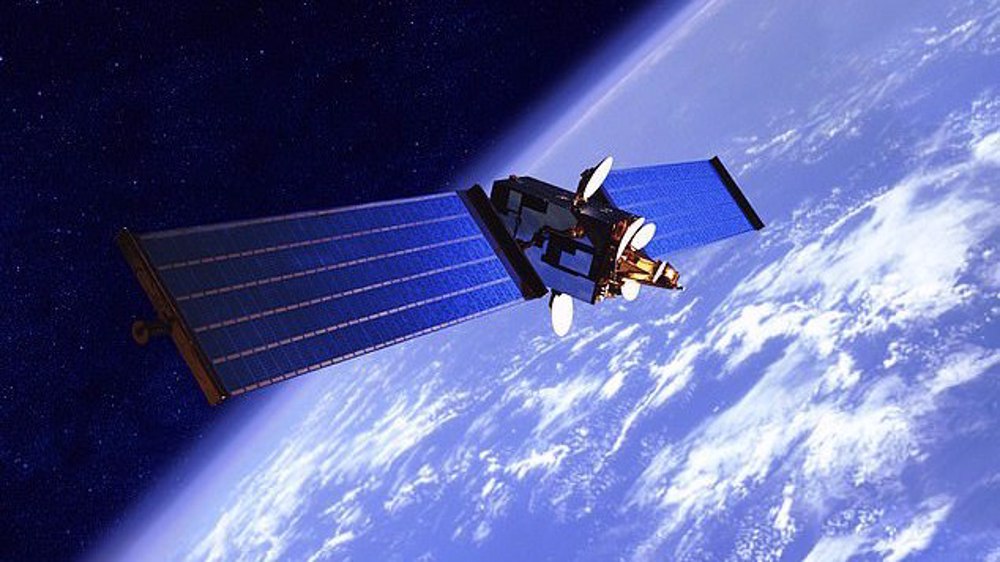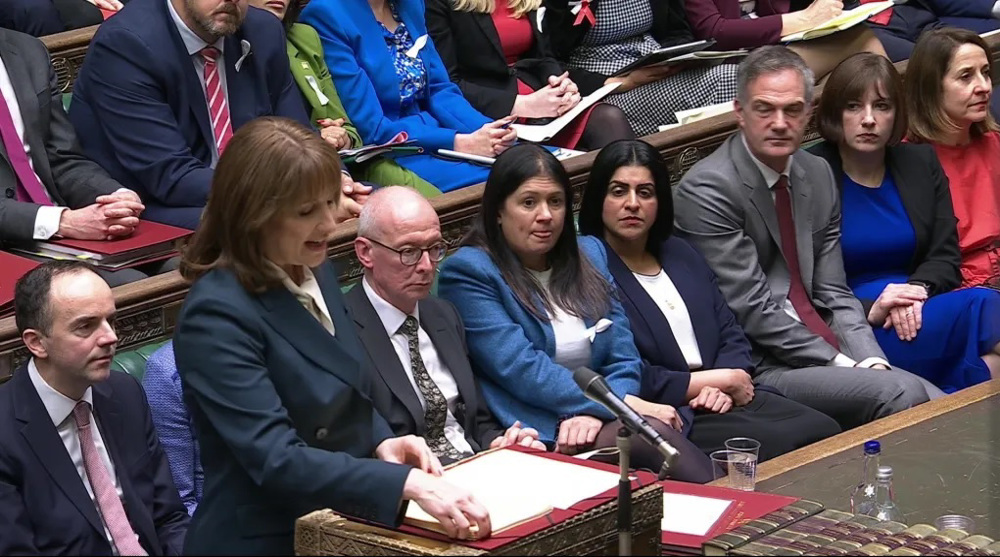UK plan to invest in US satellite operator OneWeb nonsensical: UK experts
The British government’s plan to invest hundreds of millions of pounds in US satellite operator OneWeb is “nonsensical,” experts say, arguing the company does not even make the right type of satellite the UK needs after Brexit.
The decision to invest was taken after an extended meeting between Prime Minister Boris Johnson and Chancellor Rishi Sunak on Wednesday.
The intent behind the investment in OneWeb, in which the UK will own a 20% stake once the deal goes through, has been to compensate for the loss of access to the EU’s Galileo satellite navigation system post-Brexit.
Oddly enough, the company currently operates a completely different type of satellite network from that typically used to run such navigation systems.
Dominic Cummings, Johnson’s chief adviser, was instrumental in pushing the case for the investment, which seeks to secure a frontline position for Britain in cutting-edge satellite navigation systems.
“The fundamental starting point is, yes, we’ve bought the wrong satellites,” said Dr. Bleddyn Bowen, a space policy expert at the University of Leicester. “OneWeb is working on basically the same idea as Elon Musk’s Starlink: a mega-constellation of satellites in low Earth orbit, which are used to connect people on the ground to the internet.
“What’s happened is that the very talented lobbyists at OneWeb have convinced the government that we can completely redesign some of the satellites to piggyback a navigation payload on it. It’s bolting an unproven technology on to a mega-constellation that’s designed to do something else. It’s a tech and business gamble.”
Giles Thorne, a research analyst at Jeffries, concurred. “This situation is nonsensical to me,” he said. “This situation looks like nationalism trumping solid industrial policy.”
Every geo-positioning system currently in use -- America’s GPS, Russia’s Glonass, China’s BeiDou, and Galileo, the EU project that the UK helped design before losing access to Brexit -- is in medium earth orbit at an altitude of 20,000km, according to Thorne.

OneWeb’s has already launched 74 satellites, which are in a low Earth orbit at around 1,200km.
Low-earth technology, for this application, is dismissed by critics as being unproven and full of risk.
It would appear that a deciding factor may have been support from US defense officials who have told the government they do not want the UK to develop a replica of the GPS system. A low-earth navigation service would complement the US system and offer an extra layer of resilience to US allies, say several parties close to the subject.
Bowen said, “If you want to replace GPS for military-grade systems, where you need encrypted, secure signals that are precise to centimetres, I’m not sure you can do that on satellites as small as OneWeb’s.”
Thorne suggested the investment was made to suit “a nationalist agenda” rather than being selected for the quality of the offering.
OneWeb is headquartered in London, United Kingdom and McLean, Virginia, United States with offices in California, as well as a satellite manufacturing facility in Florida.
“Let’s give the government the benefit of the doubt: if the output the government wants is a UK-branded positioning system, a projection of UK power around the world and supporting the UK satellite industry base, then it is probably quicker and cheaper to smash the square peg of OneWeb into the round hole of a Galileo replacement than it is to do it from scratch,” said Thorne.
On Friday evening, a government spokesperson said, “We have made clear our ambitions for space and are developing a new national space strategy to bring long-term strategic and commercial benefits to the UK. We are in regular discussions with the space industry as part of this work.”

In March, OneWeb filed for bankruptcy having failed to secure new funding for its continued operation. Then in April they approached the British government with a request for a £500m loan as part of a wider $2.2bn financing from private investors.
The UK had previously intended to build its own global navigation satellite system, which independent experts estimated at the time would cost £3bn-£4bn.
In December 2018, Theresa May, the then prime minister, said the UK hoped to work with the US and other “Five Eyes” partners to do so. But in May this year that project was paused just weeks before a feasibility study into the scheme was due to be published, as its estimated cost ballooned to £5bn.
Iran’s retaliatory attacks will continue uninterruptedly: Senior commander
Saudi Arabia lobbied for UAE sanctions: Trump
IRGC launches missile, drone strikes against Israel in response to US-Israeli aggression
IRGC pounds US bases across West Asia following US, Israeli aggression
VIDEO | Plan for US-pegged digital currency in Gaza raises sovereignty fears
OIC welcomes Oman-mediated Geneva talks between Iran, US; warns against use of force
VIDEO | Campaign to boycott Israeli ‘apartheid dates’ in UK intensifies during Ramadan
VIDEO | Pakistan launches Operation Ghazab lil-Haq after Afghan border firing










 This makes it easy to access the Press TV website
This makes it easy to access the Press TV website